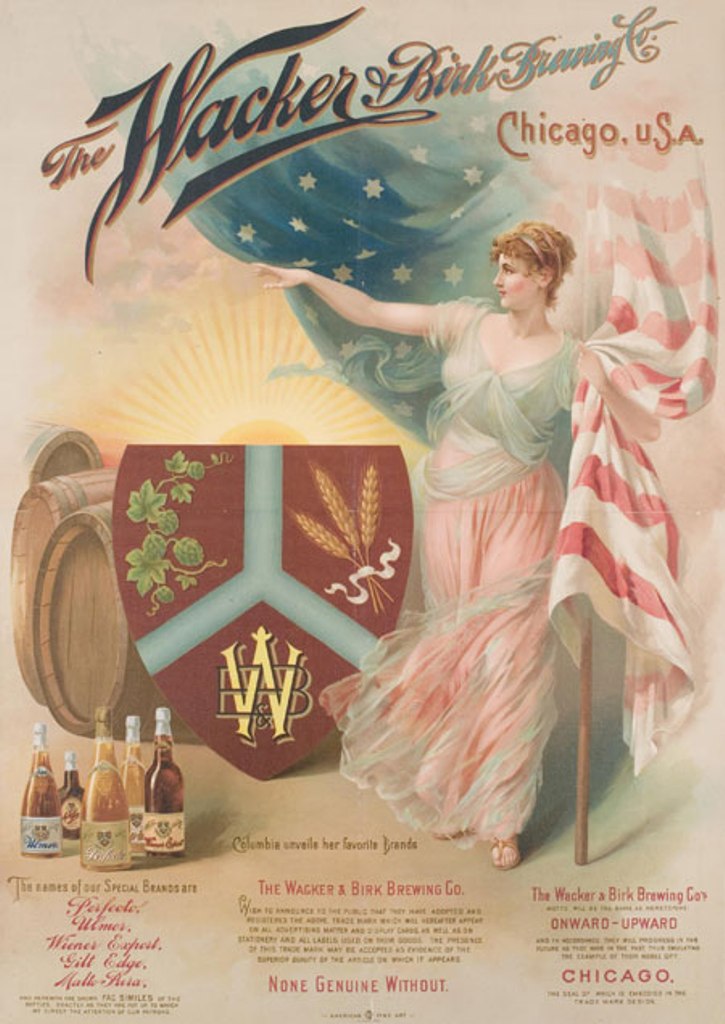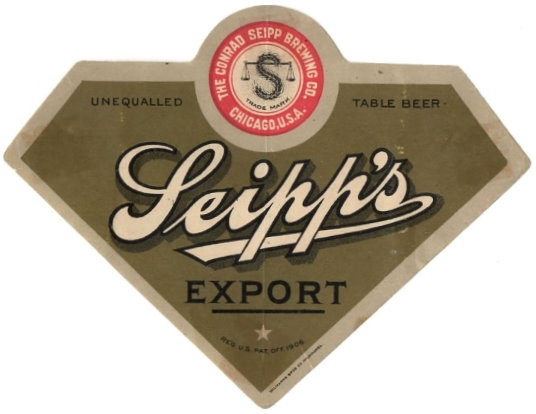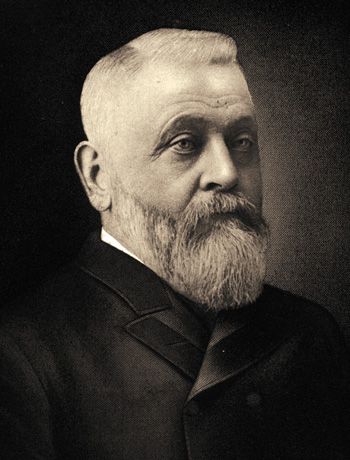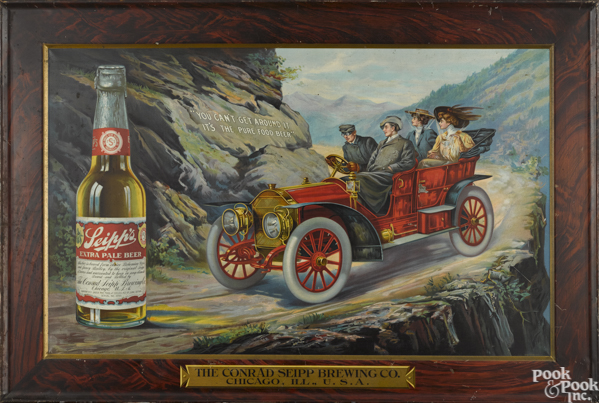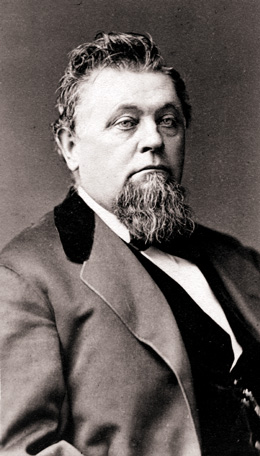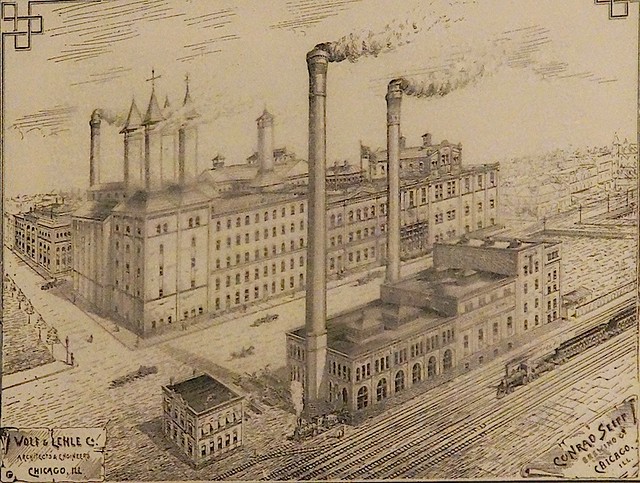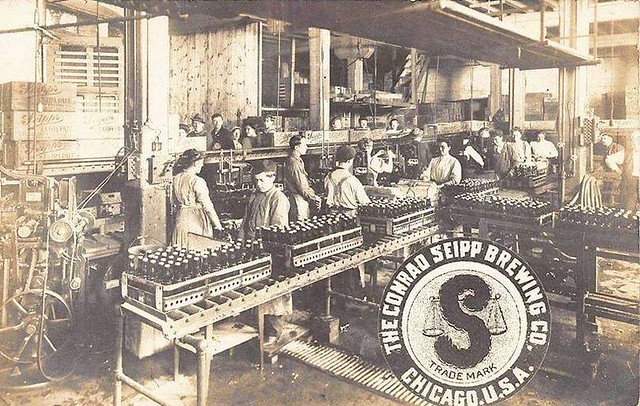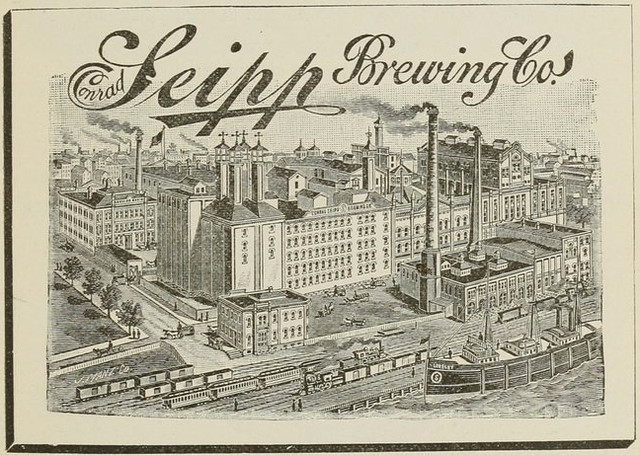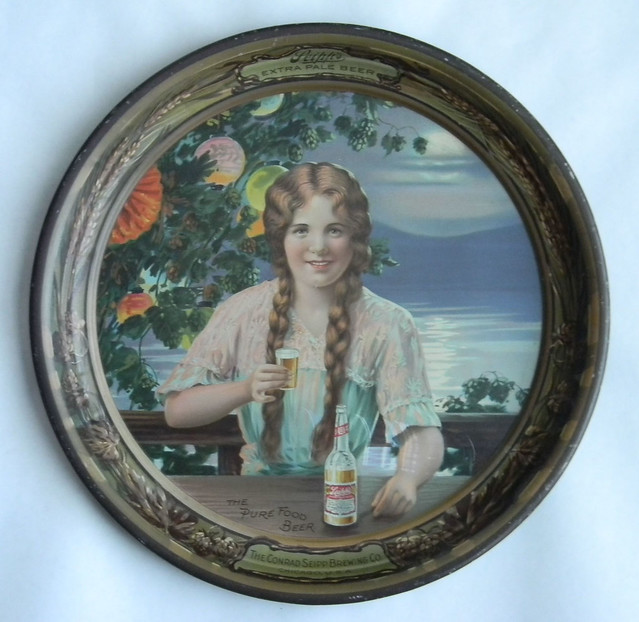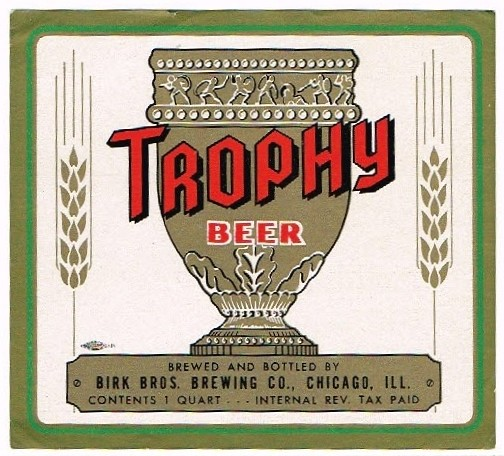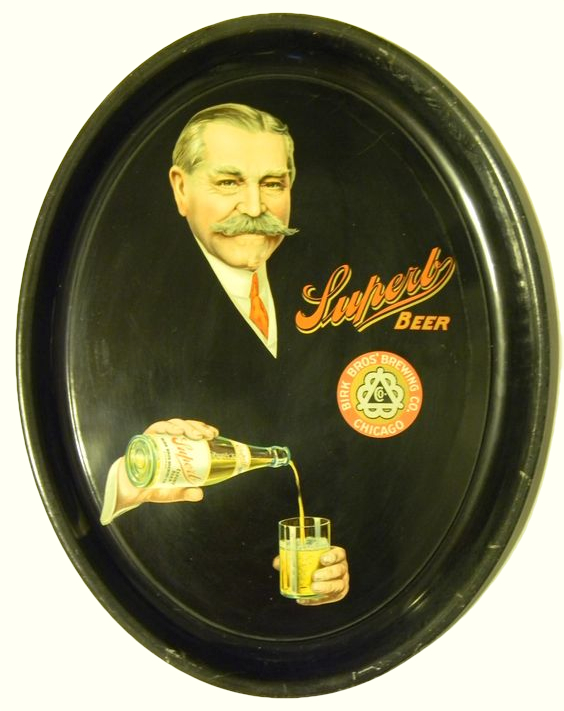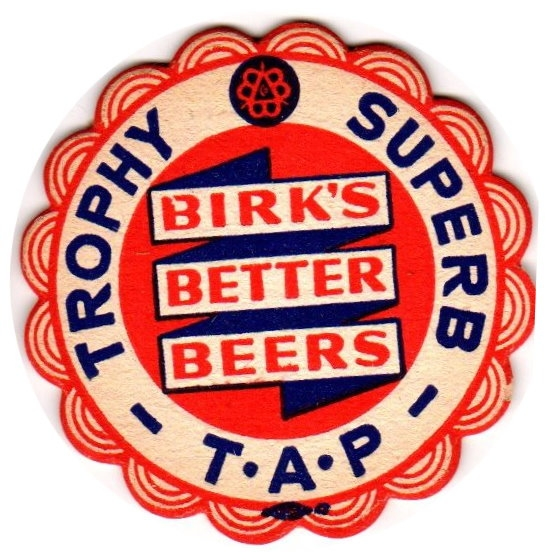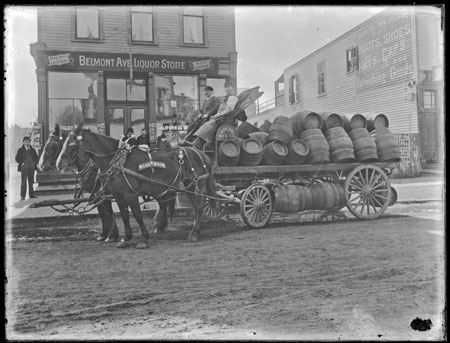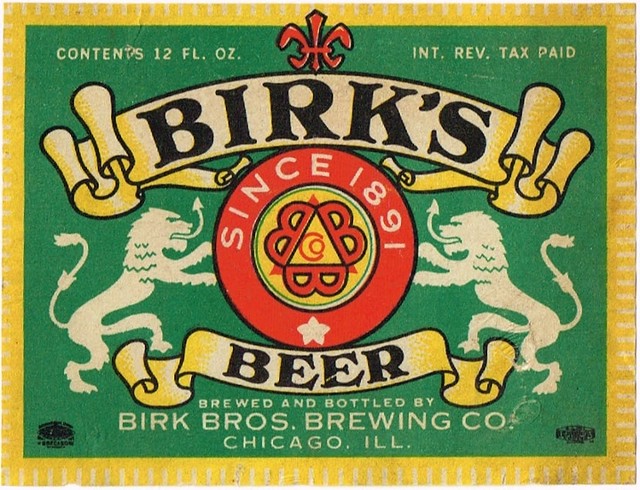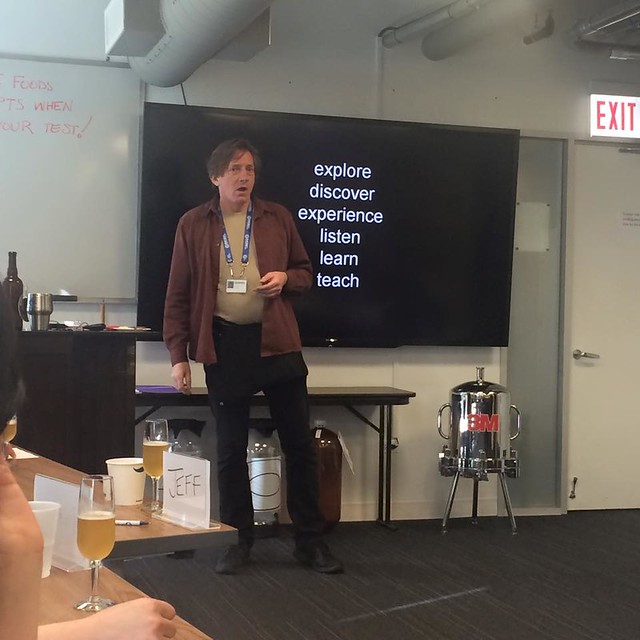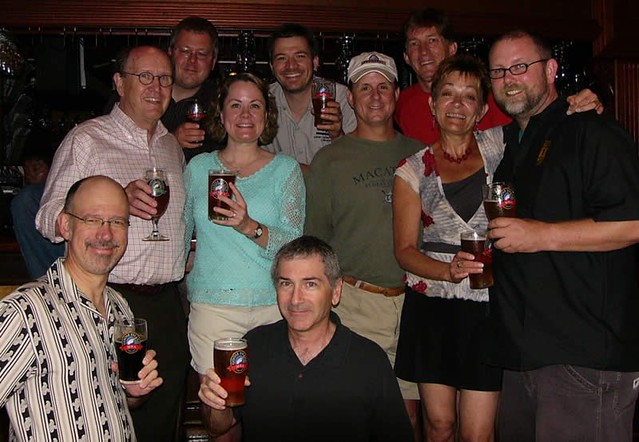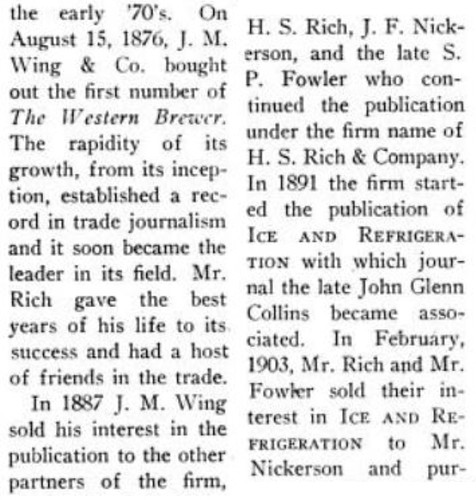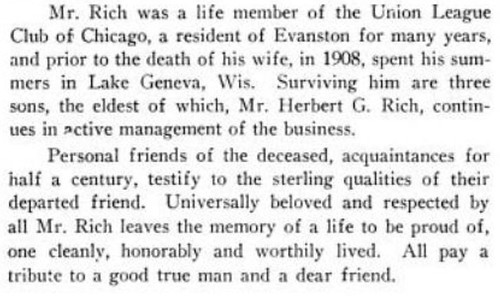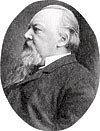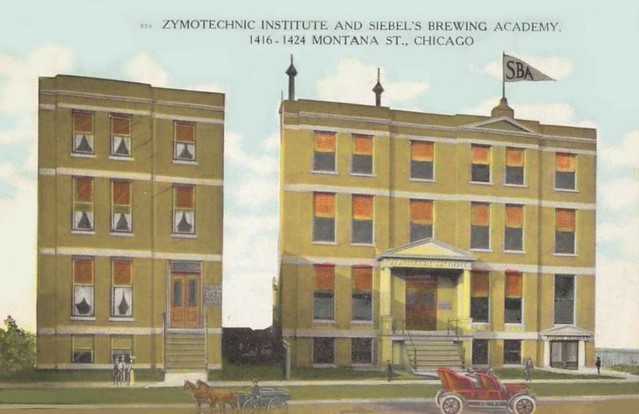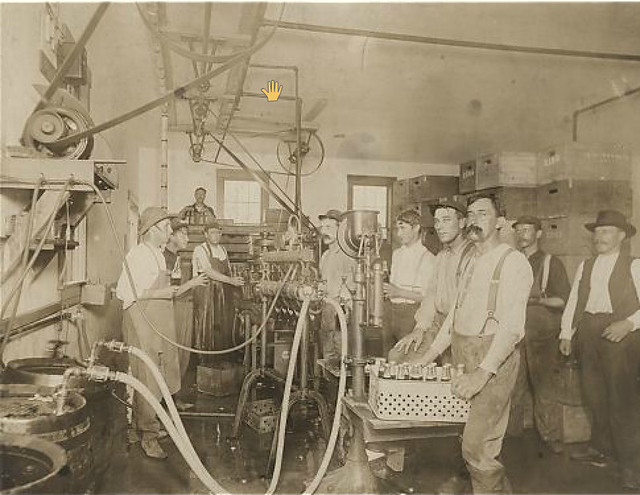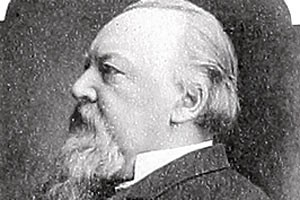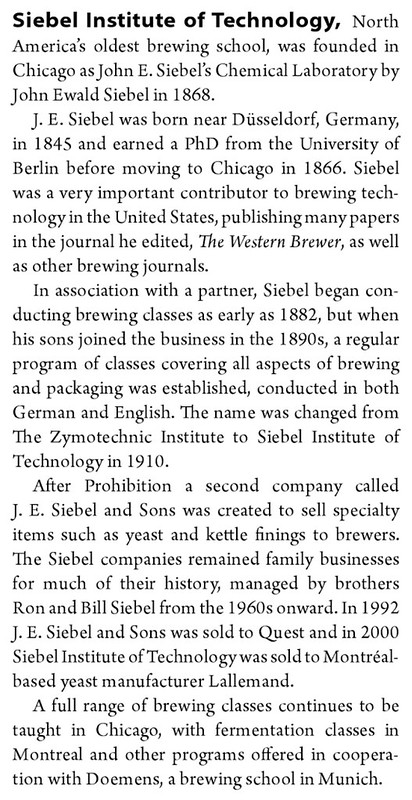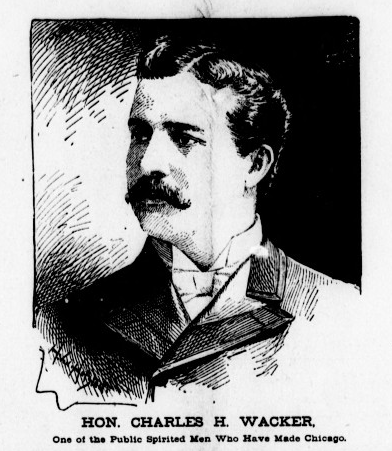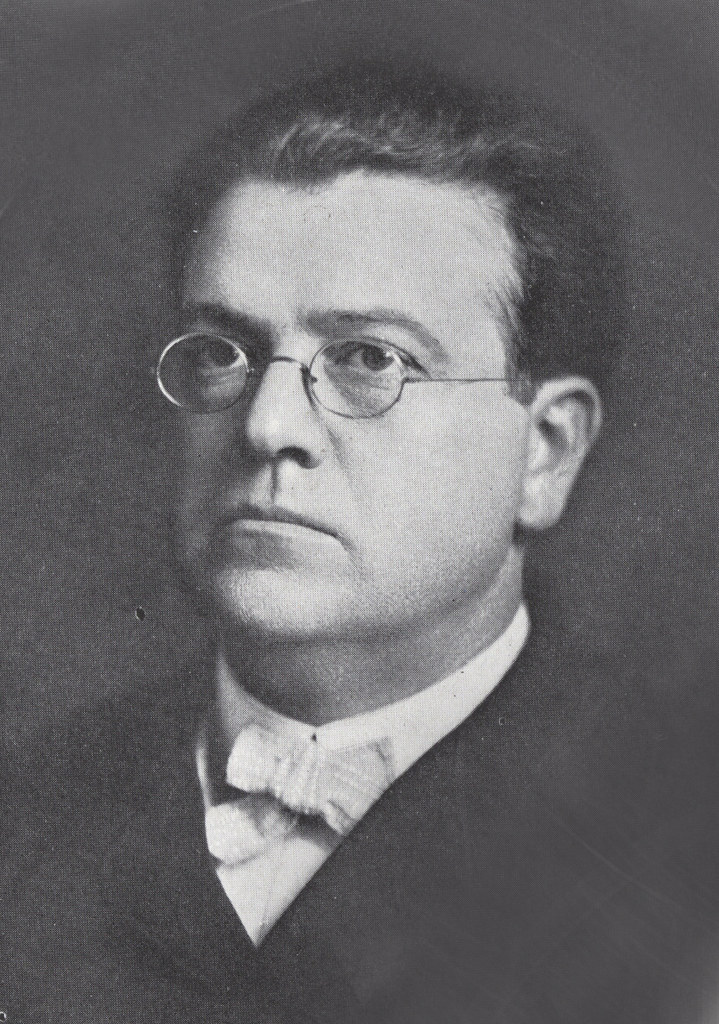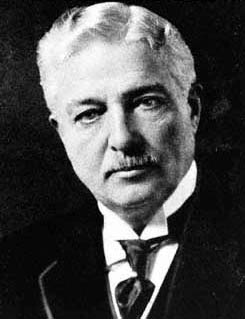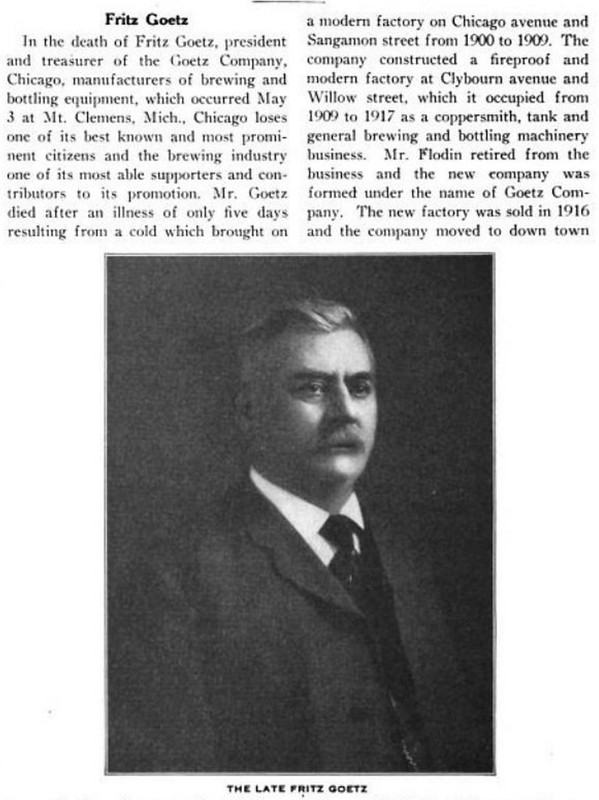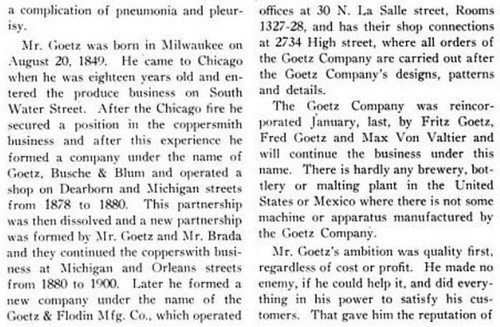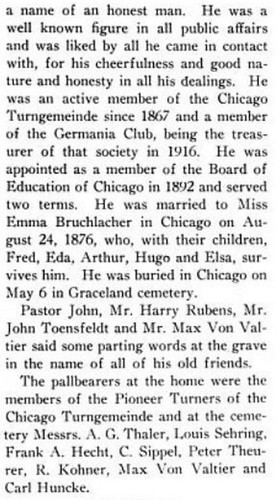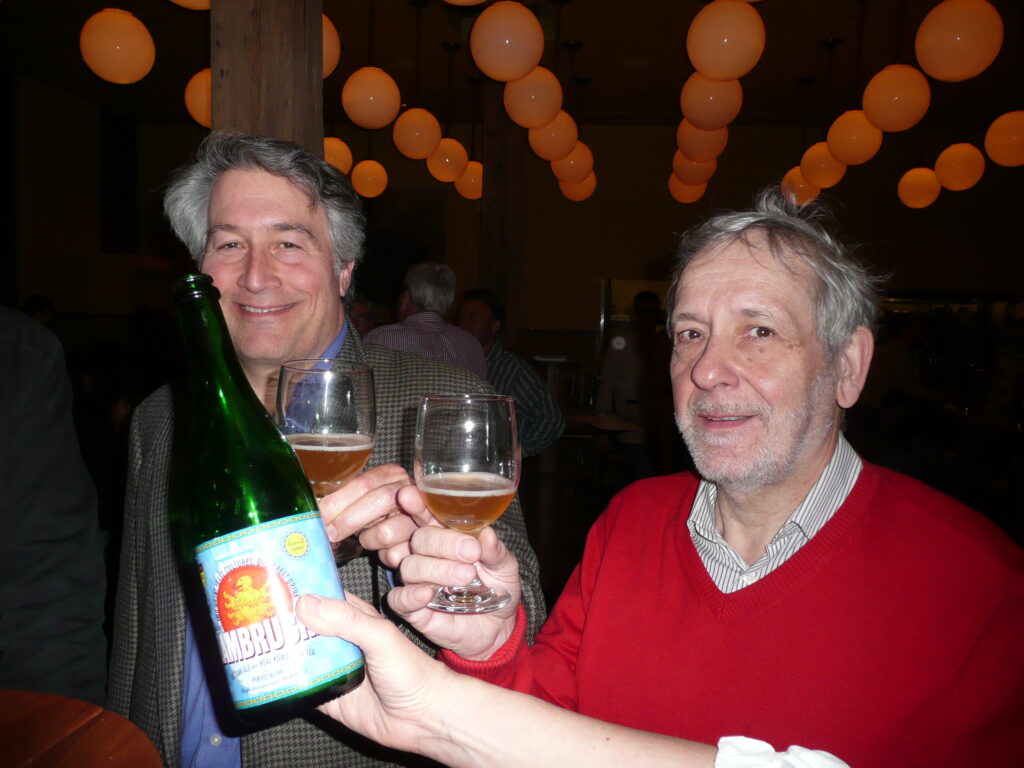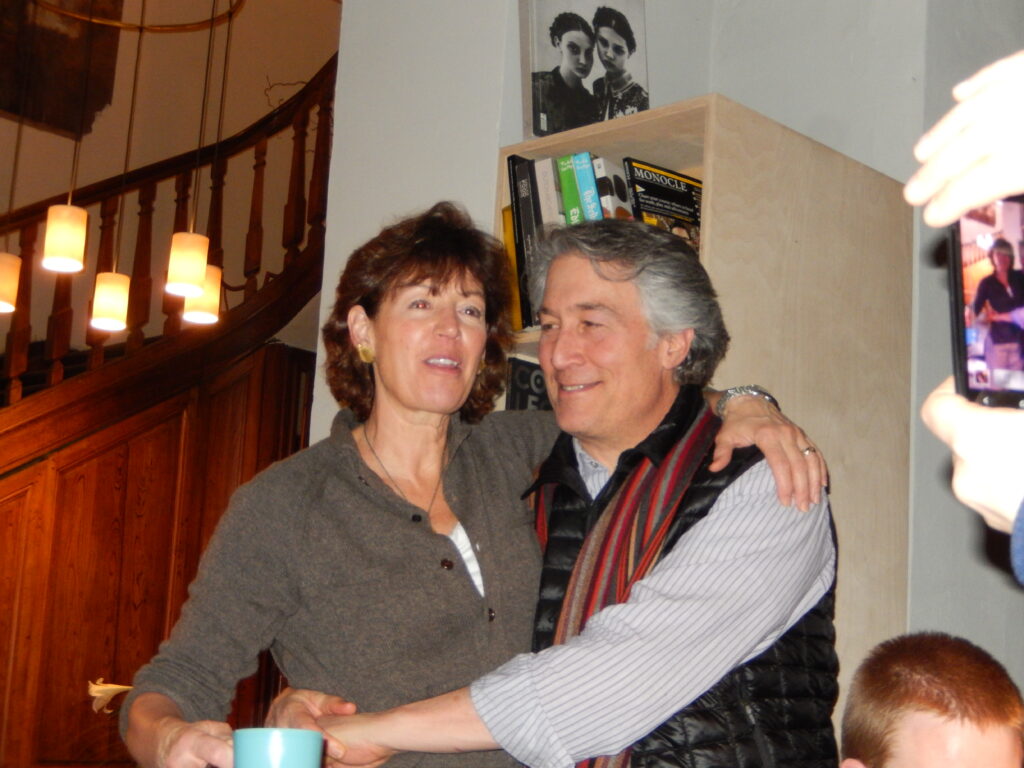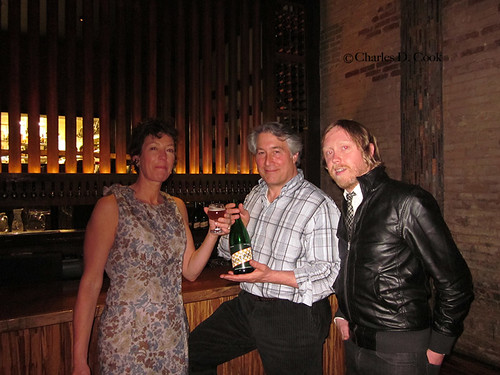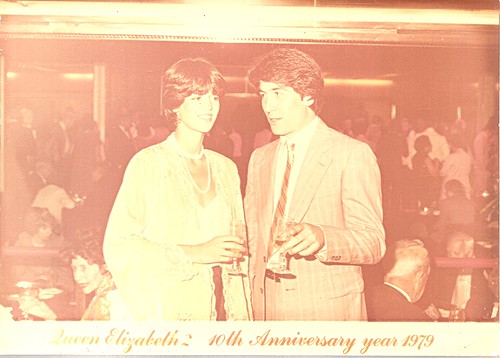![]()
Today is the birthday of Frederick Wacker (September 30, 1830-July 8, 1884). Wacker was born in Württemberg Germany (though some sources claim he was from Switzerland) and founded the Chicago brewery Wacker & Birk in 1857 with business partner Jacob Birk. Shortly thereafter, Birk left to start a different brewery, and the name was changed to the Frederick Wacker Brewing Co. 1865. But Birk appears to have returned to the business, because the name became the Frederick Wacker & Jacob Birk Brewing & Malting Co., and it remained some form of the two men’s names until it was closed for good by prohibition. Frederick Wacker is also remembered as the father of his more famous son, Charles Wacker, for whom Wacker Drive in Chicago was named.
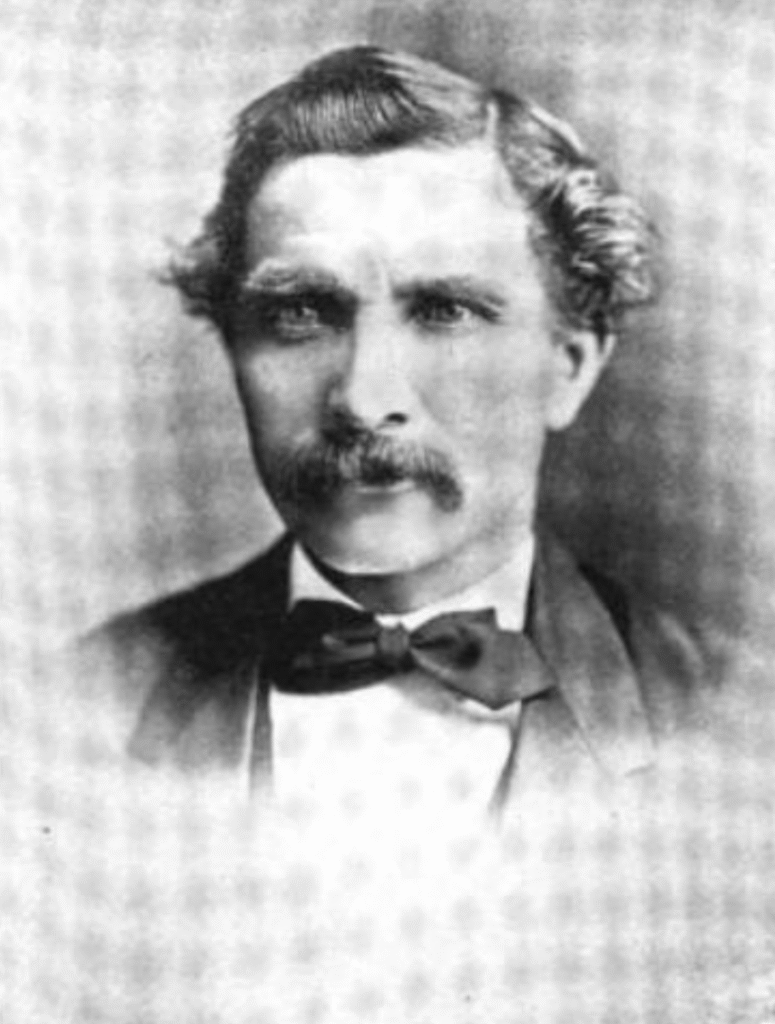
Here’s a biography of Frederick Wacker, from the History of Chicago, Volume 3, by Alfred Theodore Andreas, published in 1886.
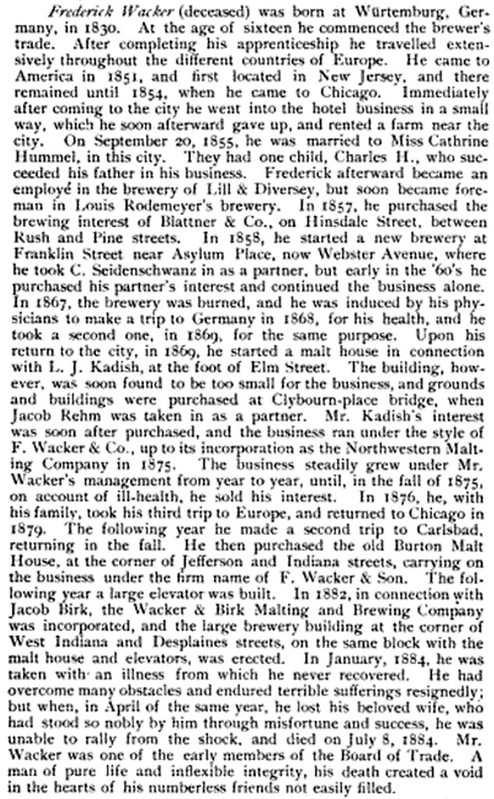
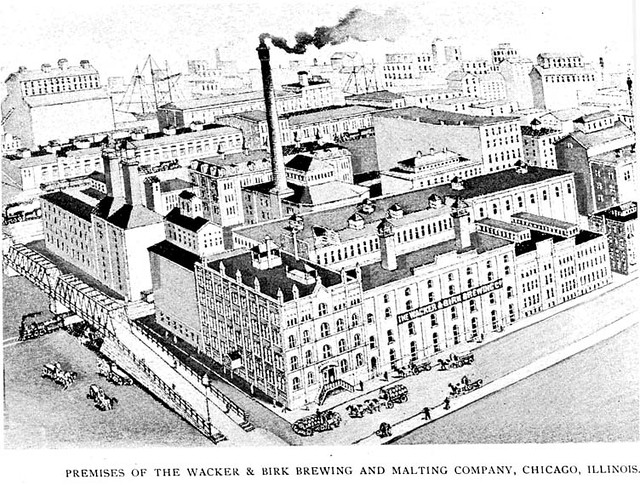
The Chicago brewery Frederick started was originally called Seidenschwanz & Wacker, and was located on Hinsdale, between Pine and Rush streets. It was founded in 1857, but the following year it became known as Wacker & Seidenschwanz, and was on N. Franklin Street. That version lasted until 1865. Beginning that same year, its name changed once again to the Frederick Wacker Brewery, and its address was listed as 848 N. Franklin Street, presumably in the same location as its predecessor. Sixteen years later, in 1882, it relocated to 171 N. Desplaines (now Indiana Street) and it became known as the Wacker & Birk Brewing & Malting Co. This is also when Charles joined his father’s business, when he would have been 26 years old. Just before prohibition the name was shortened to the Wacker & Birk Co., although it appears to have closed by 1920.
